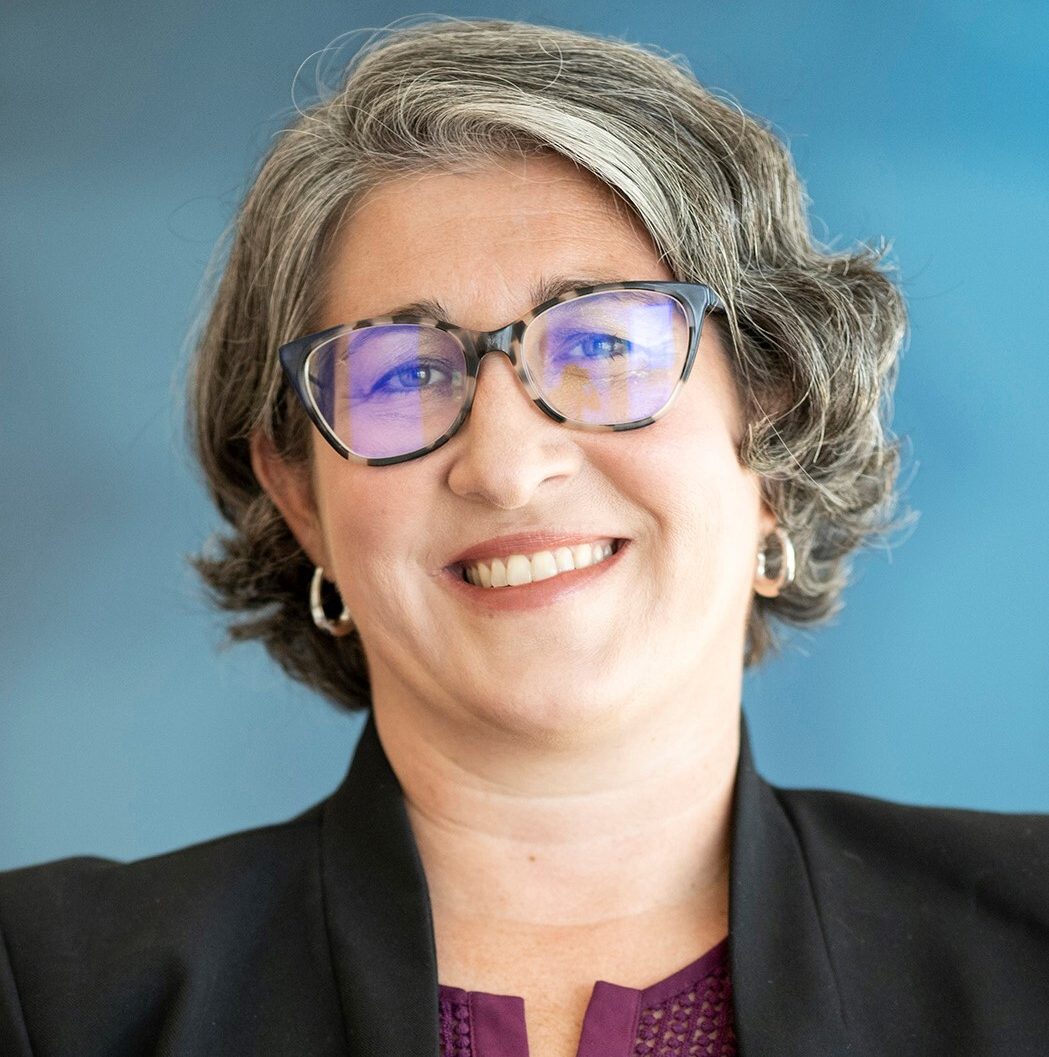A: Best case estimate for availability of vaccines is still Fall 2021 for older kids (aged 12+ years) and late 2021 to early 2022 for younger kids (aged < 12 years).
So far Pfizer and Moderna have started trials in kids (Pfizer trial including kids aged 12-15 years was fully enrolled in January and the Moderna trial including kids aged 12-17 years was fully enrolled as of Thursday-yeah!). Data from both trials are expected in the coming months and based on the results, companies will apply for extension to their existing emergency use authorizations for these age groups (possibly as early as summer) with estimated availability of vaccines for kids 12+ years, sometime in fall. Once the Pfizer and Moderna vaccines are approved in older kids (12+), similar trials will start for younger kids (likely aged 5-11 years first).
Trials in kids for several other vaccines that have been tested in and/or authorized for use in adults are also on the horizon. AstraZeneca announced two weeks ago that they are launching a study of kids aged 6-17 years in three U.K. cities. The FDA also met yesterday to review results from the Johnson & Johnson (Janssen) vaccine trial in adults and today it was granted emergency use authorization (woohoo!), so a trial in kids will likely be launched soon. Also, in the pipeline is the Novavax vaccine, for which an application for emergency use authorization in adults is projected in April and trials in kids would begin after it was granted.
The approach being taken in trials for those aged 12+ years is, of note, slightly different from that in trials carried out in adults. Specifically, since efficacy of the vaccines has already been demonstrated in adults, the focus in teen trials is primarily on assessing safety and whether the immune response to the same dose of vaccine in teens (referred to as ‘immunogenicity’) is what we would expect based on what was observed in adults. The good news is that this means fewer children (a few thousand instead of 20-30K) needed to be enrolled and the trials may progress faster compared to the adult trials! In contrast, in trials carried out in children aged < 12 years, safety and immunogenicity will be evaluated for different dosages of the vaccine, which may take longer to evaluate.
[EDITED 2/28: Older kids, aged 16-17 years, were included in the initial emergency use authorization granted to Pfizer. Thus, depending on when eligibility is opened to this age group (likely first among those with high-risk conditions) as well as supply, kids aged 16-17 years may have access to a vaccine earlier.]
Like many of you, we Nerdy Girls are eager to hear more about any new developments regarding the timeline for COVID-19 vaccines for kids and we will share out information as it becomes available!
Some helpful articles with discussion of how pediatric vaccine trials work and the timeline for a COVID-19 vaccine for kids can he found here:


